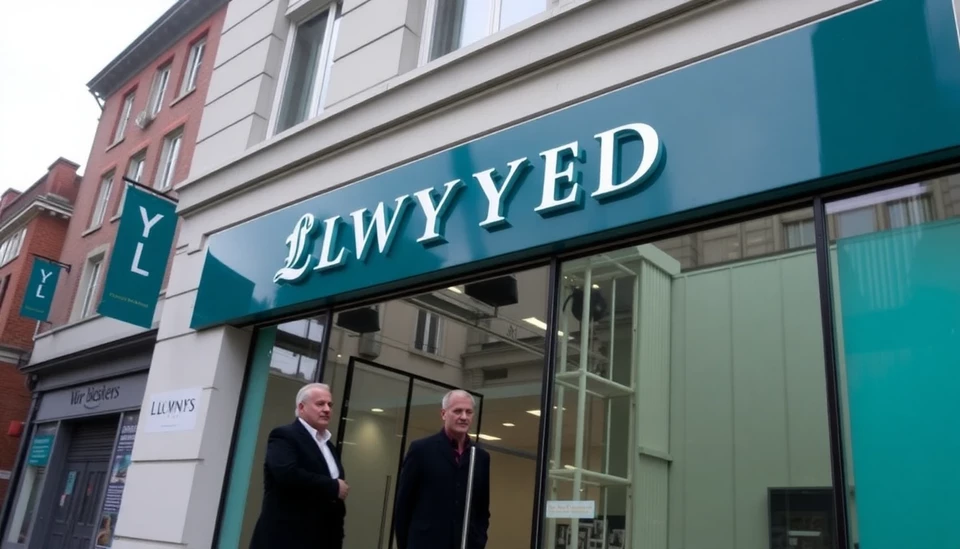
In a significant development for the automotive finance industry, Lloyds Banking Group's CEO, Charlie Nunn, has expressed his support for the intervention by government minister, Helen Reeves, regarding the ongoing car finance case that has significant implications for consumers and lenders alike. Reeves' involvement comes as regulators continue to scrutinize the practices within the industry following growing concerns about fairness and transparency in vehicle financing.
The case in question has raised alarms about car financing contracts that some critics argue may contain unfair terms, leaving consumers vulnerable. As the industry faces increased calls for reforms, Reeves’ intervention is seen as a timely measure aimed at ensuring that the interests of consumers are adequately protected. Nunn welcomed the government's proactive stance, emphasizing the importance of collaborative efforts between the private and public sectors in creating a fair banking environment for all parties involved.
Nunn highlighted that the issues surrounding car finance are not just a matter of regulatory compliance, but also about fostering trust and fairness in financial service practices. The Lloyds CEO articulated that a transparent approach to vehicle financing would not only benefit consumers but also enhance the reputation of financial institutions. He stated, "It is imperative that we stand together with regulators to ensure that consumers are treated fairly and that our practices reflect the highest standards of ethical conduct."
Reeves, who has been instrumental in guiding discussions around financial fairness, has made it clear that the government will continue to engage with stakeholders to address these concerns. Her recent statements echoed a commitment to reforming practices that may disadvantage consumers in the car finance market. This includes ensuring clear communication of terms, affordable repayment options, and equitable access to finance products.
The wider financial community is watching closely as this case unfolds, with various stakeholders including consumer advocacy groups weighing in on the implications of potential changes in regulation. Many believe that enhanced oversight and reform could lead to a more equitable landscape for car financing, ultimately benefitting consumers and encouraging better business practices across the industry.
As the dialogue continues, it remains to be seen how regulatory changes will shape the future of car finance in the UK and whether Lloyds and other institutions will fully embrace the necessary adjustments to align with enhanced standards of consumer protection.
#Lloyds #CarFinance #ConsumerProtection #RegulatoryReform #CharlieNunn #HelenReeves #FinancialEthics
Author: Victoria Adams




